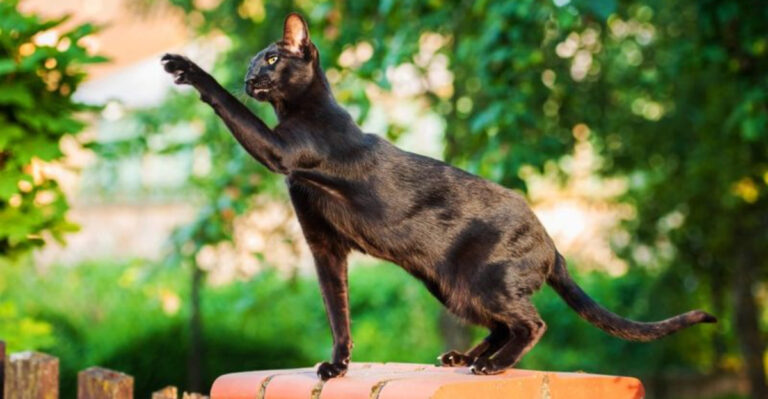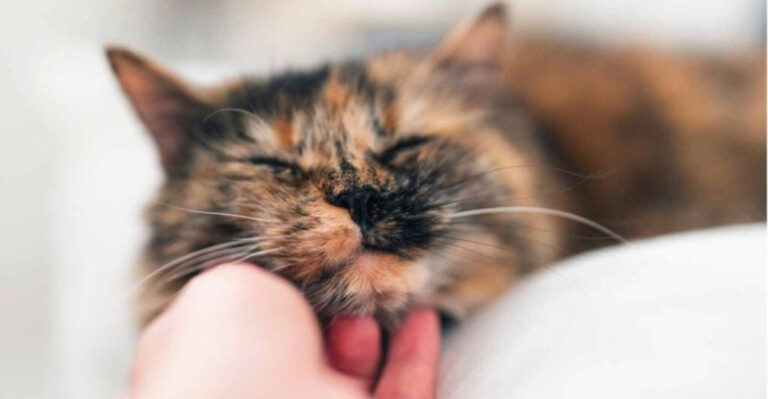13 Reasons Cats Are Emotionally Safer Companions Than Dogs
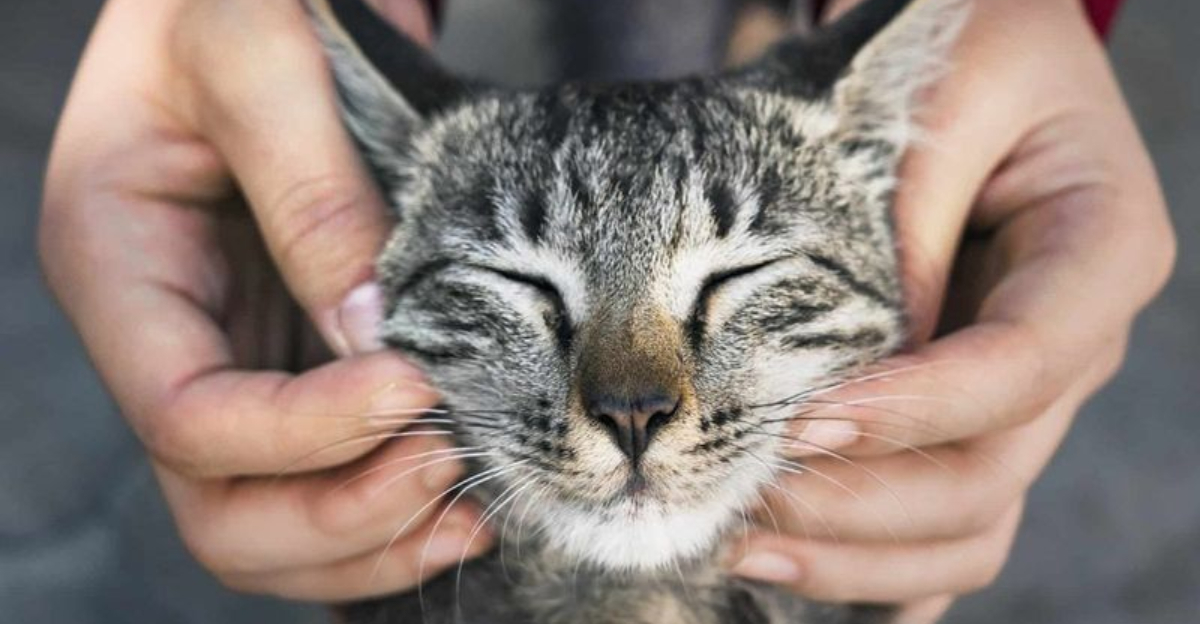
Ever wondered why some people feel more at ease with feline friends? Cats offer a unique kind of companionship that can feel emotionally safer than what dogs provide.
While both pets bring joy to our lives, cats have special qualities that make them particularly well-suited for those seeking a low-pressure relationship. Let’s explore why these independent furballs might be the perfect emotional match for you.
1. Less Demanding Attention Needs
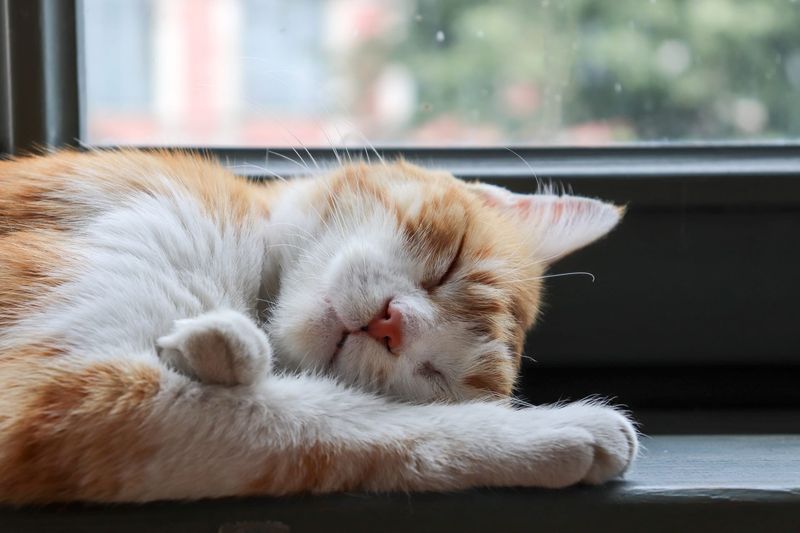
Cats don’t require constant validation or attention. They’re perfectly content doing their own thing while you handle your business.
Unlike dogs who might whine at the door when you leave, cats typically settle into a nap. This independence means less guilt when you’re busy with work or need emotional space yourself.
2. No Forced Social Interactions
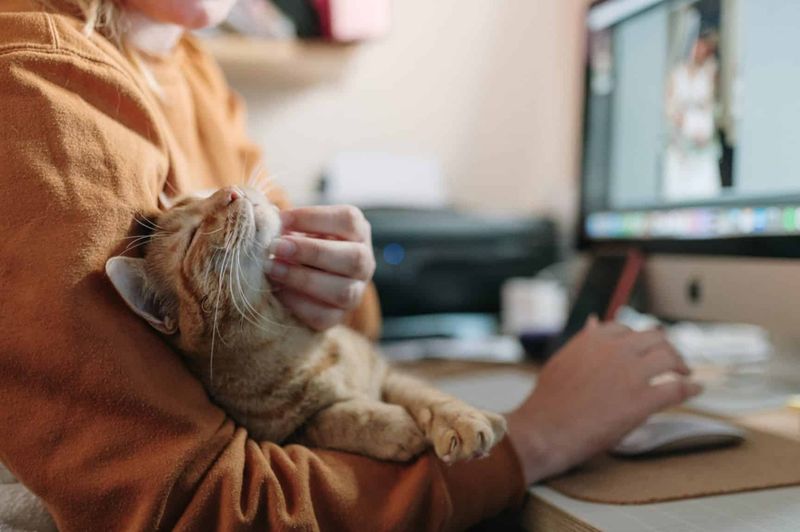
Walking a dog means talking to strangers. Many dog owners find themselves drawn into conversations they never planned to have.
Cat owners avoid these unexpected social obligations. Your cat stays home, allowing you to control your social battery and interact with others only when you truly want to, not when your pet forces you into public encounters.
3. Quieter Presence In The Home
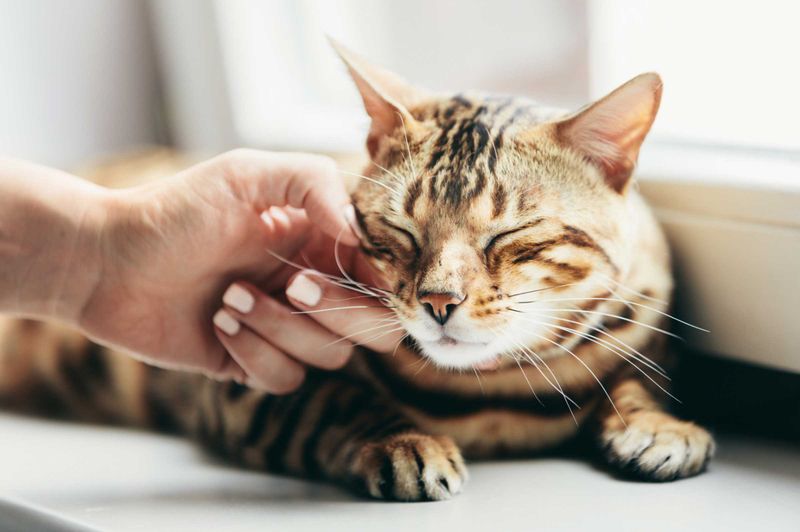
Barking can trigger anxiety and stress. Dogs vocalize loudly when delivery people arrive, neighbors walk by, or sometimes for no apparent reason at all.
Cats communicate mainly through gentle purrs and occasional meows. This quieter soundscape creates a more peaceful home environment, especially important for those with noise sensitivity or who value tranquility after stressful days.
4. Lower Emotional Pressure
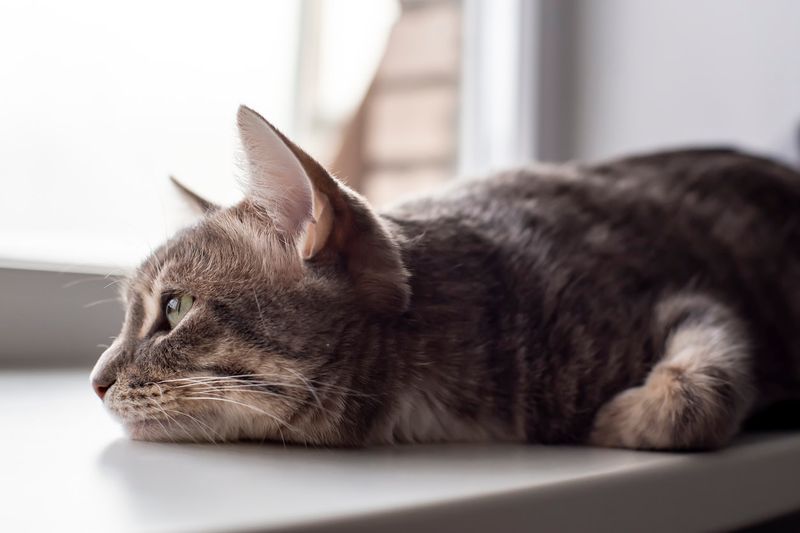
Dogs show visible disappointment when you can’t play or take them out. Their sad eyes can trigger guilt feelings when you’re too tired or busy.
Cats rarely make you feel bad about needing alone time. They understand personal space and won’t emotionally manipulate you with sad expressions if you can’t engage. This creates a relationship with fewer emotional demands.
5. Self-Cleaning Companions
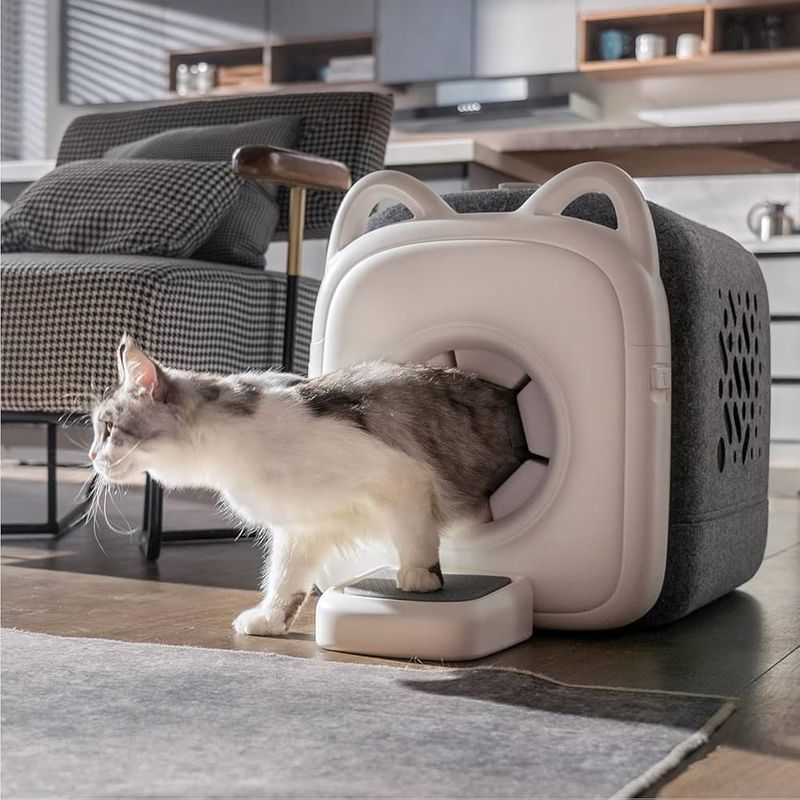
Cats spend up to 50% of their waking hours grooming themselves. This self-maintenance means less work and worry for you.
Dog owners must schedule regular baths, deal with wet dog smell, and manage muddy paws after walks. The stress of keeping another being clean falls away with cats, who handle their hygiene needs with remarkable efficiency and grace.
6. Minimal Separation Anxiety
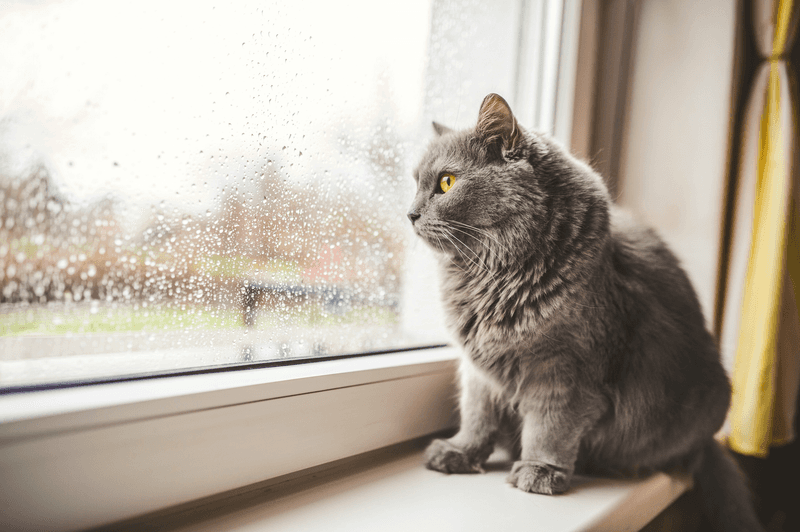
Many dogs experience severe distress when left alone. Their anxiety manifests as destructive behavior, excessive barking, or even self-harm.
Cats generally handle alone time with remarkable ease. They nap, play with toys, or watch birds through windows while you’re gone. This independence means less worry about your pet suffering emotionally during your absence.
7. Consistent Bathroom Habits
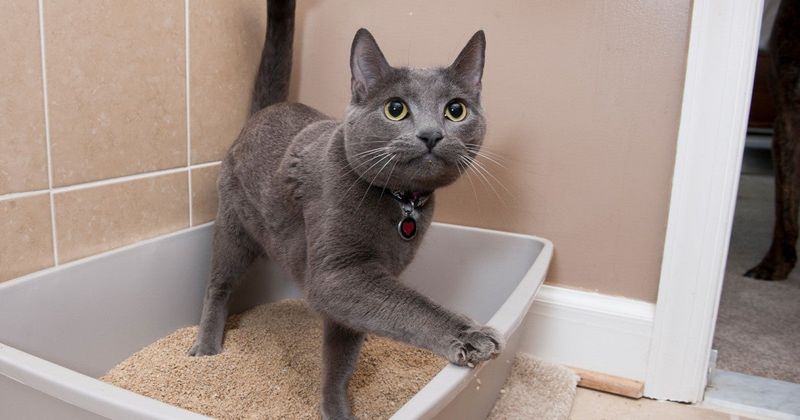
Litter box training happens naturally for cats. Once they know where to go, they rarely have accidents.
Dog owners face midnight bathroom breaks, walks in terrible weather, and occasional indoor accidents. The emotional toll of worrying about your pet’s bathroom needs or cleaning up unexpected messes is significantly reduced with cats and their reliable bathroom habits.
8. Space-Efficient Companions
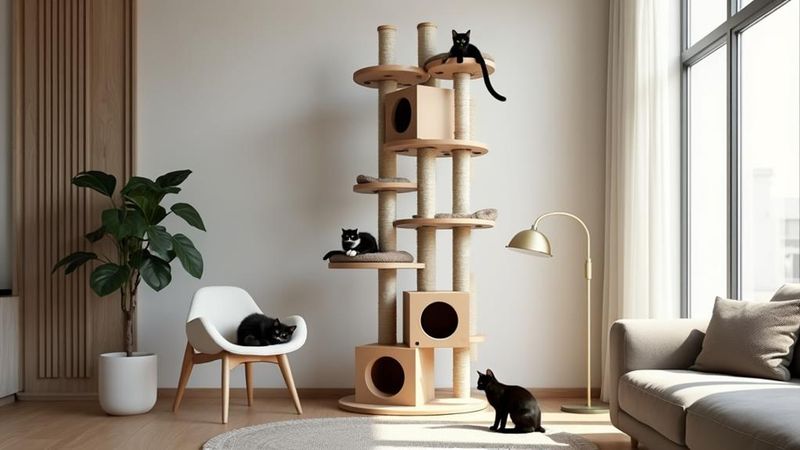
Large dogs need room to move and play. Their size requirements can limit housing options or create crowded living spaces.
Cats thrive even in small apartments. They utilize vertical space through climbing and jumping, making them perfect for compact living. This spatial efficiency reduces the stress of feeling like your home isn’t adequate for your pet’s needs.
9. Less Physical Risk
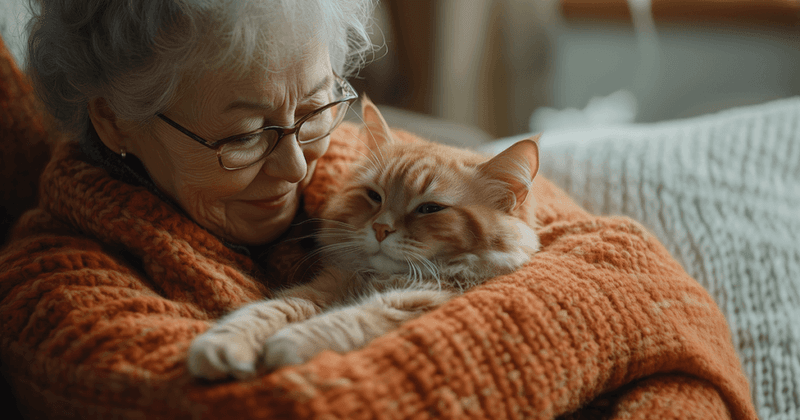
Bigger dogs can accidentally knock over children or elderly family members. Even friendly dogs might jump up enthusiastically and cause injuries.
Cats rarely pose physical threats due to their size and temperament. Their predictable movements and gentle physical interactions create a safer environment, especially in households with vulnerable members who might fear larger, more energetic pets.
10. No Training Frustrations
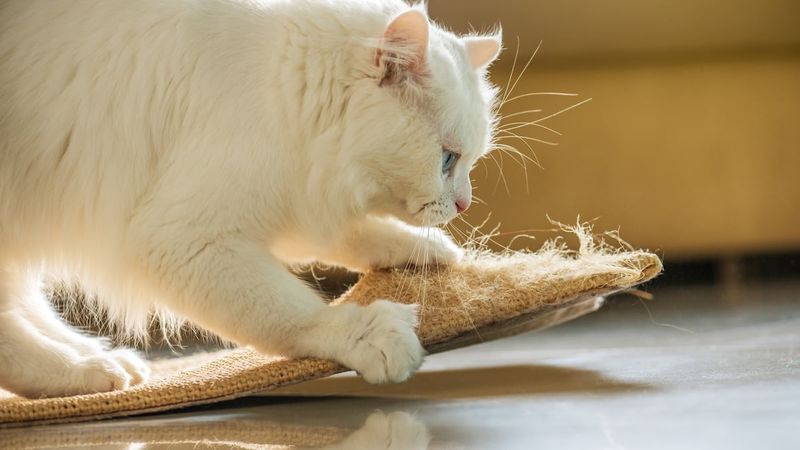
Dog training requires consistency, patience, and sometimes professional help. Failed training attempts lead to frustration for both owner and pet.
Cats come pre-programmed with instincts that align with household living. They naturally use litter boxes and groom themselves. This reduced training burden means fewer opportunities for feeling like you’re failing your pet or experiencing training-related stress.
11. Budget-Friendly Emotional Support
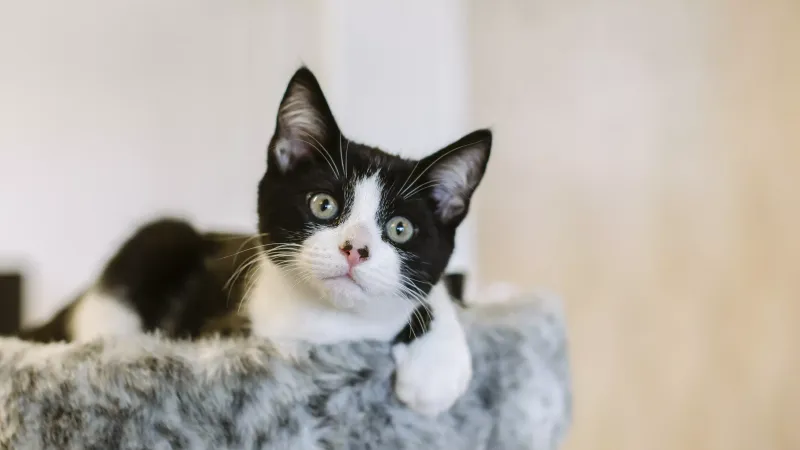
Financial stress impacts emotional wellbeing. Dogs typically cost more with training classes, dog walkers, daycare, and larger food portions.
Cats generally require fewer services and less food. The average cat costs significantly less annually than the average dog. This financial relief means less anxiety about providing adequately for your companion animal while still receiving emotional benefits.
12. Predictable Temperament
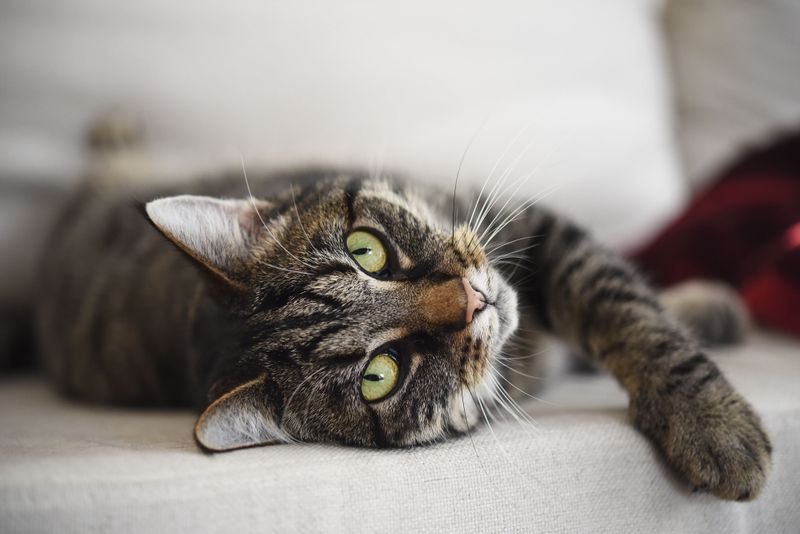
Dogs vary widely in personality based on breed, training, and individual temperament. This unpredictability can cause anxiety, especially for those who need consistency.
Cats display more uniform behavior patterns across breeds. Their reactions to stimuli tend to be more predictable, creating a sense of emotional safety through consistency. You generally know what to expect from a cat in various situations.
13. Perfect Pace-Matching
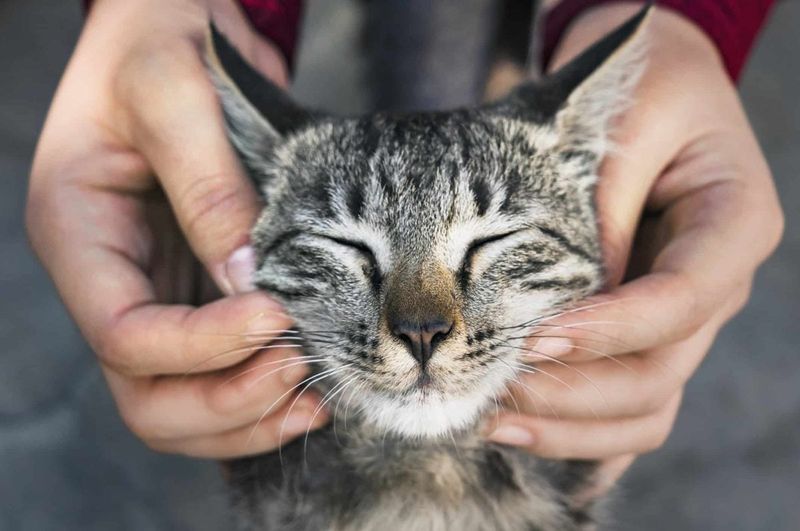
Cats naturally match your energy level. When you’re active, they might play; when you’re relaxed, they typically settle nearby.
Dogs often maintain high energy regardless of your mood or needs. This natural synchronization with cats means you’re never pressured to be more energetic than you feel. Your emotional state doesn’t become strained by trying to meet your pet’s unchanging energy demands.

